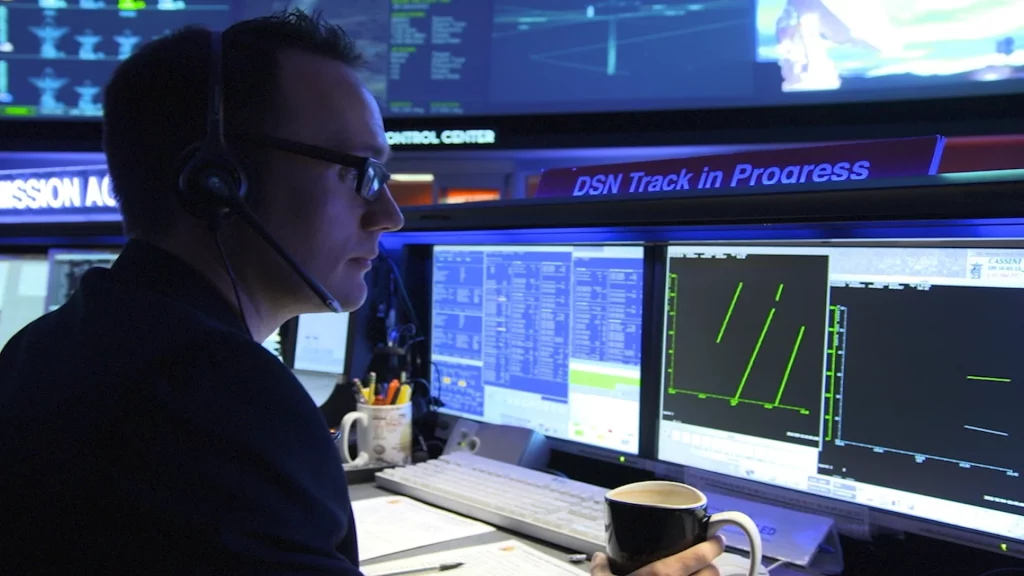Microsoft’s Azure Quantum described in a blog post this week how it developed a quantum-inspired optimization algorithm for NASA’s Jet Propulsion Laboratories (JPL) to use as it works to coordinate communications with a variety of space missions through the Earth-based Deep Space Network (DSN) of radio antennas.
When you think about it, deep space is getting kind of crowded, with ongoing missions like recently-launched James Webb Space Telescope, the Mars Perseverance Rover and many other spacecraft that have either come before or will come later this decade. JPL uses the DSN, which has antenna locations in California, Spain, and Australia, to maintain constant communication with various spacecraft as the Earth rotates.
The number of spacecraft and ongoing missions results in hundreds of requests to use the DSN each week, all of which must be scheduled and coordinated using classical computing resources, the blog post stated.
Azure Quantum was able to develop a quantum-inspired algorithm that could be used with classical commuting resources and algorithms to optimize scheduling, reduce the need for lengthy negotiations between different teams using the DSN and speed up the overall process.
“At the beginning of the project, the Microsoft team recorded runtimes of two hours or more to produce a schedule,” the blog post stated. “By applying quantum-inspired optimization algorithms, the Microsoft team used Azure Quantum to reduce the time needed to 16 minutes, and a custom solution reduced it to about two minutes. Schedules that are produced in minutes rather than hours not only allow JPL to create many candidate schedules but also allow the organization to be more agile as missions and demands increase.”
Microsoft talked some about its quantum-inspired optimization solutions last year, and these solutions show more evidence of how companies are employing classical and quantum computing in hybrid combinations to address current real-world problems in a variety of industries.
For NASA’s part, the space agency has ramped up its interest in quantum over the last year or so, with NASA’s CIO saying a few months ago that quantum will be an important technology for the agency. More evidence of NASA’s interest in quantum: NASA scientist Babak Saif will speak next month about quantum over satellites at the IQT-The Hague event.
